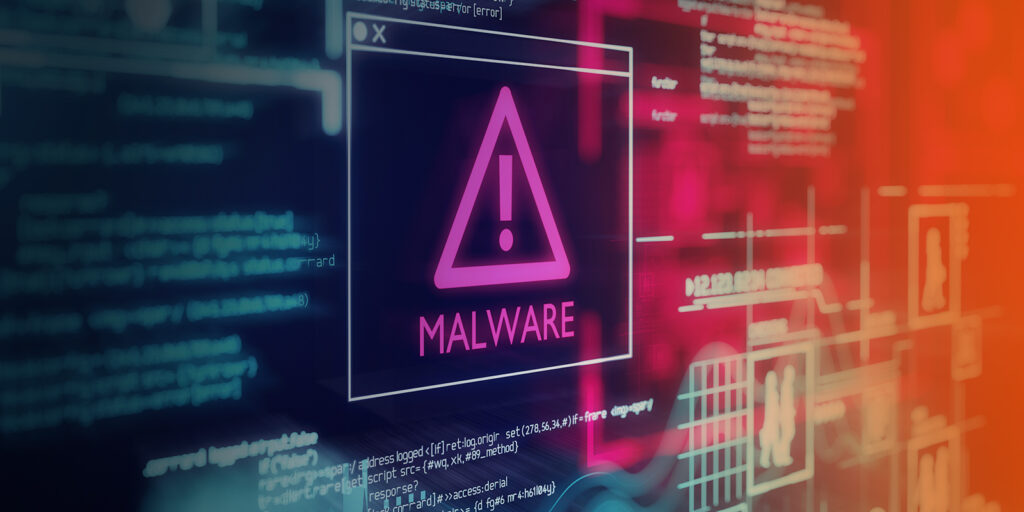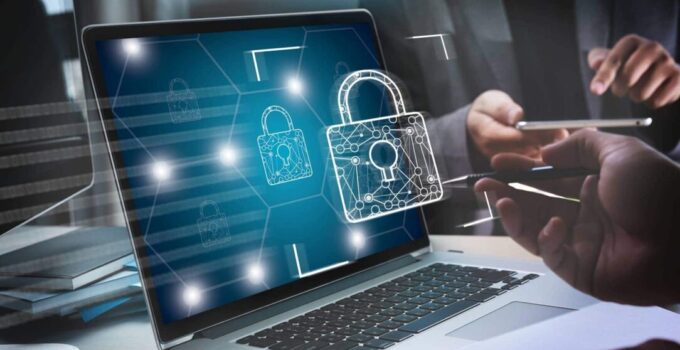There is no denying the fact that the internet is a hub of technology. It has become a unifying platform for all sorts of educational and business activities. So, no matter if you are a gamer, business owner, healthcare expert, student, or reporter, you must be equipped with the facility of the World Wide Web to cope with your everyday tasks and meet your goals head-on.
The internet is a gateway to all sorts of communication, convenience, entertainment, and other avenues. It deals with immense data and networks daily. This expansion has also made it exposed to more threats. These potential threats can be of varying degrees and can cause data loss and damage at varying levels. Therefore, the importance of internet security has increased tremendously over the past years. It is vital to stay safe from hackers that are always sneaking around the dark corners and looking for any loopholes to invade your system. Hence, ensuring a high level of internet security is extremely necessary to protect against any sort of online harm. You can start by choosing the right internet service provider that offers reliable services. Check this link to find out about some of the most secure internet plans that offer maximum network protection, so you don’t have to worry much about malware attacks.
Let’s explore the reasons why we need internet security in 2024.
To Prevent Malware Infiltration

Source: cellebrite.com
The internet is an ideal place for intruders and hackers to sneak into your devices with the intent of causing damage. Malware is a term that refers to any suspicious software that might try to get access to your system in an unauthorized way and steal your data. Malware enters your devices when you:
- Download files from an untrusted website
- Open suspicious email attachments or links
- Surf on an unprotected network
By getting a strong security suite software with antivirus and anti-malware, you can avoid getting into this trouble. It is also important to surf carefully online and refrain from clicking on suspicious or insecure links.
Avoid Phishing Attacks
Phishing is a malicious activity in which an attacker uses a fraudulent pop-up, an SMS, or an email to compel you into sharing your personal information, like passwords or credit card numbers. Most of the emails contain a suspicious link or an attachment with a catchy subject line like Urgent or Important. Phishing practice has long been used to deceive users into divulging their personal information, causing financial damage.
The best way to save yourself from being attacked by phishing is to report any such fraudulent practice to the cybersecurity officials and to prevent hackers from accessing data on your system.
Keeping Hackers Away

Source: preemptive.com
Hackers intrude into your system by penetrating through the security shields and they usually target businesses with the intent of stealing money. It is important to be extremely cautious when using public Wi-Fi hotspots since this is where hackers mostly sniff around for their prey. It gives them the perfect opportunity to spy on your devices and access any of your transaction or banking activities that you conduct online. You should set up strong security passwords and install a VPN for data encryption. You should also prefer using a mobile network rather than public Wi-Fi. It is also better to make your computer unable to connect automatically to any open Wi-Fi network as it might be insecure.
The need for Internet Security
To safeguard your digital presence from any type of cybercrime, you need to follow the tips and tricks that lead to robust internet security. Since we are depending on the internet so much for carrying out our routine activities, you should install the best antivirus and security suite on your system for staying secure online.
Use of Firewall

Source: itsocial.fr
In case you are using a home broadband router, then you should know that it comes with a firewall setting. It is a program that acts as a security shield against malware. A firewall works by monitoring all sorts of communication and blocking access to any suspicious code trying to enter your system. You can find your firewall setting in the Security section. It is good to check and make sure that your firewall is turned on. A firewall may not protect your computer against everything, but it does provide tangible protection against malicious software like spyware or viruses.
Install an Antivirus

Source: techbooky.com
Reliable antivirus software can provide you maximum security against Trojans, viruses, spyware, and worms. A virus is a program that is designed to infect your devices. It is just like a disease that can enter and harm your systems and files. It is likely to enter your computer from the internet if you download an infected file or open a malicious mail or website. While a Trojan is specifically a virus that is intended to hack your personal information, spyware, on the other hand, is a form of malware that spies on your online activities and is capable of stealing your passwords or private information.
So, when choosing the right antivirus program for protecting your system, make sure that it deals with multiple threats and that it should be downloaded from the official site. You can also buy one from a reliable shop. Your antivirus should be updated periodically and be of a well-reputed brand for greater reliability.
The Bottom Line
The aforementioned discussion concludes that internet security is an extremely crucial factor for safe and seamless internet usage. We need to implement cybersecurity practices and methods for staying secure against malware, viruses, worms, spyware, bots, or any other hazardous software that can invade our system and steal personal information. Installing a good quality antivirus program can help you guard your online presence from any sort of malware. At the same time, it is necessary to stay cautious while you are online. Avoid clicking on suspicious links, pop-ups, or emails that can invite malicious software to attack and sabotage your system.




